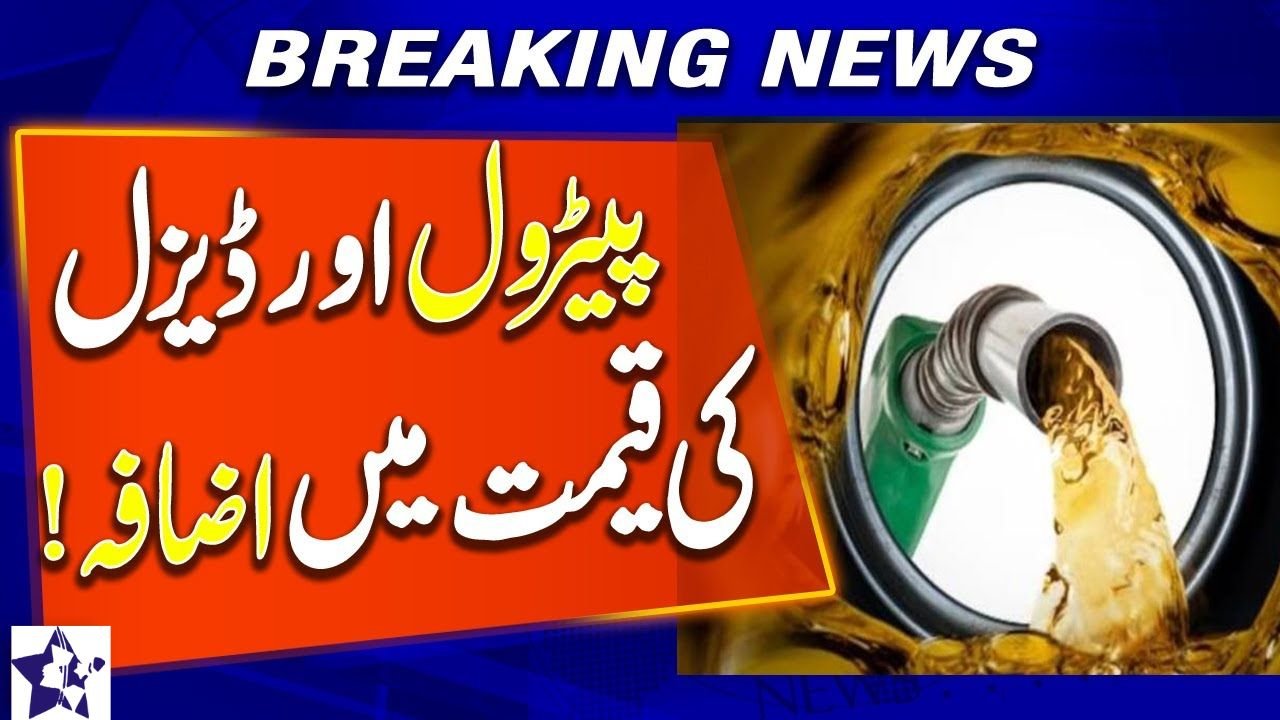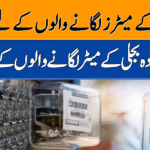New Petrol and Diesel Prices Announced
The federal government of Pakistan has officially announced the new petroleum product prices for the first 15 days of November 2025, following the latest notification issued by the Oil and Gas Regulatory Authority (OGRA).
Also Read: Rs. 20000 Fine for Driving a Motorcycle Without a License
Petrol and Diesel Prices Increased
According to the notification, the government has decided to increase petrol and diesel prices effective from November 1, 2025.
- Petrol price has been raised by Rs. 2.43 per liter, bringing the new rate to Rs. 265.45 per liter.
- High-speed diesel (HSD) has been increased by Rs. 3.02 per liter, with the new price set at Rs. 278.44 per liter.
These revised prices will remain applicable until November 15, 2025.
Summary
- Petrol up by Rs. 2.43 → Rs. 265.45/liter
- Diesel up by Rs. 3.02 → Rs. 278.44/liter
- LPG down by Rs. 69.44 → Rs. 2,378.89 per domestic cylinder
- New rates effective: Nov 1–15, 2025
Relief on LPG Prices
In a positive development, OGRA has reduced the price of LPG for November. As per the notification:
- The price of a domestic LPG cylinder has been reduced by Rs. 69.44, bringing it down to Rs. 2,378.89.
- The per-kilogram price of LPG has also been decreased by Rs. 5.88, effective from November 1, 2025.
Previously, in October, the domestic cylinder was priced at Rs. 2,448.33.
Global Market Impact and Local Inflation Concerns
Officials explained that this adjustment in fuel prices comes due to slight fluctuations in global oil markets. Based on current tax rates, the ex-depot price of high-speed diesel increased by approximately Rs. 1.40 per liter, while petrol saw an increase of Rs. 1.50 per liter.
Since June 2025, petrol and diesel prices have surged by Rs. 10 and Rs. 20 per liter, respectively.
Currently, the ex-depot price of petrol stands at Rs. 263.02 per liter, while diesel is priced at Rs. 275.42 per liter.
Impact on Transport and Inflation
The rise in petrol and diesel prices is expected to directly affect the transportation sector and household budgets, especially for middle and lower-income groups.
- Petrol is mainly used in motorcycles, rickshaws, and small vehicles, meaning higher fuel costs hit daily commuters hardest.
- Diesel powers trucks, buses, trains, tractors, and tube wells, so any increase in diesel prices raises transportation and agricultural costs, which in turn drives food inflation.
Transport owners, who had already increased fares earlier this year due to fuel price hikes, have not reduced fares even after minor price cuts in previous months.
Additional Fuel Price Changes Expected
Sources also suggest that the prices of kerosene oil and light diesel oil (LDO) may rise by Rs. 2.40 and Rs. 0.50 per liter, respectively.
Since June, the price of kerosene has increased by Rs. 16 per liter, and LDO by Rs. 10 per liter.
Currently, the government is collecting around Rs. 98 per liter on petrol and diesel under Petroleum Levy and Climate Support Levy (CSL).
While General Sales Tax (GST) remains at 0%, the levy on petrol and high-octane is about Rs. 80.52 per liter, including Rs. 2.50 per liter CSL.
Related Posts










